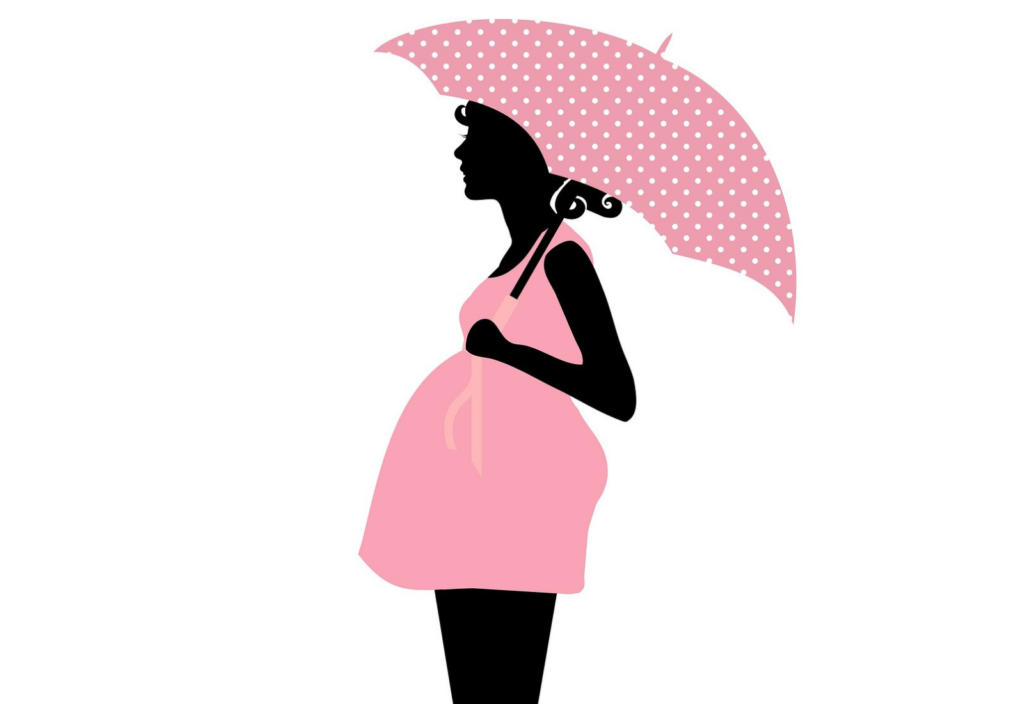Most of our clients know little about China employment law, but most know well that China has high expectations on how China employers must treat pregnant and nursing employees. Our clients know this because they all seem to know of a foreign company that had to pay a lot of money for not knowing this.
China employers should familiarize themselves with China’s laws relating to employee pregnancy and nursing and do their best to be aware of which of their employees are pregnant or nursing. A failure to do so can result in civil damages, administrative fines, and even criminal liability. In this post, I highlight what employers in China should keep in mind in dealing with a pregnant or nursing employee, even just an employee who claims to be pregnant or nursing, as it is not uncommon for terminated female employees to claim they were pregnant when fired, whether they were or not.
China prohibits employers from unilaterally terminating the employment contract of a pregnant or nursing employee. China’s laws also prohibit employers from arranging overtime or night shifts for female employees more than seven months pregnant or nursing. Regular checkups before birth are considered normal working time and so employers cannot make a pregnant employee make up for work time lost by missing work due to a doctor’s appointment. Moreover, if your pregnant employee provides you with a certificate from a health institution proving she is unable to perform her usual job duties because of her condition, you must reduce her workload or adjust her job duties accordingly.
According to the Special Rules on the Labor Protection of Female Employees (女职工劳动保护特别规定), female employees are entitled to the following special leaves:
- 98 days of maternity leave, including 15 days before birth.
- Additional special leave for “late” childbirth (as explained below, the rules vary by locality).
- Additional 15 days of special leave for “difficult” childbirth.
- Additional 15 days of special leave for each additional child (twins, triplets, etc.)
- 15 days of special leave for an employee who miscarries when less than four months pregnant.
- 42 days of special leave for an employee who miscarries when more than four months pregnant.
As noted above, the rules on additional special leave for a late childbirth differ by locale. For example, in Jiangsu province, the Jiangsu Province Population and Family Planning Regulation (江苏省人口与计划生育条例) mandates employers give an additional 30 days leave for a “late” childbirth and an additional 10 days of giving care leave for the husband. For purposes of China’s employment laws, a childbirth is considered “late” if the mother has reached the age of 24 and is giving birth for the first time, or if the mother married after the age of 23, and is giving birth for the first time.
China employers also must provide at least one hour per day during normal working hours for female employees to breastfeed, until the baby turns one year old. Female employees who birthed more than one baby get an additional hour per day for breastfeeding for each additional baby.
Many believe you can terminate any China employee, including a pregnant or nursing employee, simply by paying one month’s salary for every year the employee has worked for the company. This is wrong because termination without cause constitutes unlawful termination and will lead to adverse consequences for the employer. Another myth is that you can never terminate a pregnant or nursing employee. An employer can terminate a pregnant or nursing employee without having to pay severance for the employee’s material breach of the employer’s rules and regulations. However, the rules and regulations provision you use to justify the termination must be legal and your termination under that provision must be reasonable.
For example, though an employer rules and regulations provision prohibiting stealing is unquestionably legal, whether you can fire a pregnant (or non-pregnant) employee for stealing things from your company can be tricky. In the past, Chinese courts used to uphold employers’ decisions to let an employee go when the amount of the theft was really low. But over the years, we have seen a shift in court decisions that put more focus on the reasonableness of the employer’s termination decision. So if your action is not proportionate to the infraction, the chances of it being upheld by a Chinese court are not high. We would counsel our clients not to terminate an employee for stealing ten dollars worth of office supplies.
It is also against the law to have an employee more than seven months pregnant or nursing work overtime or take night shifts. If your pregnant employee misses a half-day of work to go to her pregnancy checkup, it is not considered an absence of work under Chinese employment laws. So if you have her work late that day to make up the lost time, it’s likely it will be considered working beyond normal hours, and that’s overtime. If your pregnant employee submits a document from a health institution saying her health no longer permits her to perform her usual job duties, you cannot demote her; you instead need to adjust her workload or her job duties to suit her existing situation. Generally speaking, you cannot as an employer dictate you will recognize only certain doctors’ notes from only certain hospitals. So again, be careful with what you put in your employer rules and regulations.
You must also provide at least one hour per day during normal working hours for employees who breastfeed their babies and you must do this until the baby turns one.
China amended its Law on Population and Family Planning, making it official that couples are encouraged to have two kids. The table below provides some basic information on the new maternity/paternity leave regulations in Beijing, Shanghai and Guangdong:
| Maternity leave | Paternity leave | |
| Beijing | 128 days + 1-3 months | 15 days |
| Shanghai | 128 days | 10 days |
| Guangdong | 178 days | 15 days |
As is true of just about everything related to China’s employment laws, its laws on pregnant and nursing employees are complicated and local. And as is also true of most Chinese employment laws they get even more complicated when it comes to expats, where the local rules and practices are even more likely to be at odds with the national guidance.
Pregnant and nursing employees in China have all sorts of particularized rights. So as a China employer you should be doubly careful in terminating a pregnant or nursing employee or even in changing their job schedules or duties. You should know both the national and the local rules and talk with your local labor authorities before making pretty much any move.

























